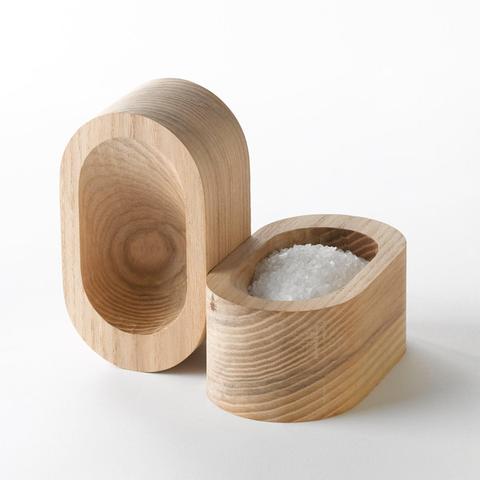FWP:
SETS == DIALOGUE
If we put the commentators together, I think they make this one pretty clear. The belief that one must not spill even a grain of salt is perhaps based not only on salt's once-great value and rarity, but also on its unique usefulness as a spice and preservative. What might in fact be a prudent, sensible reluctance to waste a valuable foodstuff is here wittily transmuted into a sign of the lover's former condition, his virtual 'trance' of passion. As Bekhud Dihlavi observes, that time is over now-- it is pointedly contrasted with the (despairing? apathetic? burnt-out? salt-jaded? salt-lacking? salt-oversupplied?) present.
But whose voice are we hearing? Who is the 'I' who addresses
Ghalib as 'you', using the intimate tuu ? The question
surely must remain perplexing. Nazm, Chishti, Mihr, and some other commentators
consider the textual warrant for replacing tujhe with
mujhe in the first line, or else mai;N
with tuu in the second line; as always, I follow Arshi.
The simplest solution is just to say that Ghalib is addressing himself in
both the first and intimate second persons. For after all, who else would
be a likely candidate for picking up salt grains with his/her eyelashes and
restoring them carefully to the lover's wound? Certainly not the cruel or
indifferent beloved; hardly the lover's friend or confidant; and who else
is there? Perhaps the lover talks to himself in this complex, intimate
way simply because he has no one else with whom to reminisce.

Nazm:
It's a famous idea that if salt falls on the ground, then it ought to be picked up with the eyelashes. (79)
== Nazm page 79